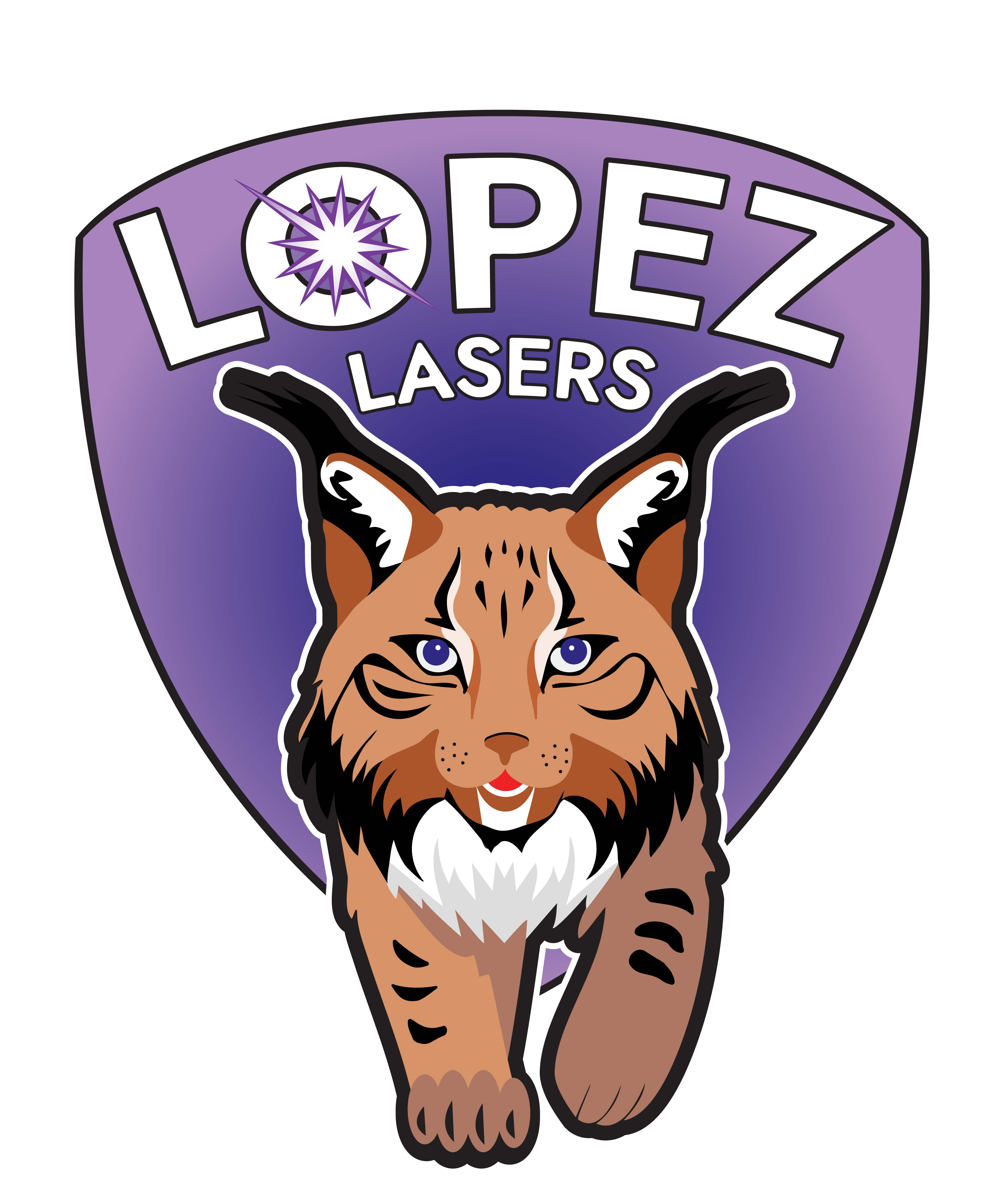At Lopez Elementary, our science instruction is grounded in the Colorado Academic Standards for Science and aligned with Poudre School District’s vision for developing scientifically literate students.
Core Goals of PSD Science Instruction:
- Encourage students to observe, question, and explore the natural world.
- Develop the ability to use scientific processes and principles in everyday decision-making.
- Promote critical thinking and problem-solving through hands-on investigations and inquiry-based learning.
- Prepare students to engage thoughtfully in discussions about scientific and technological issues in society.
Instructional Approach:
- Science is taught as an interdisciplinary subject, often integrated with literacy, math, and social studies.
- Students engage in experiments, observations, and collaborative projects that mirror real-world scientific practices.
- Emphasis is placed on phenomena-based learning, where students explore natural events and work to explain them using evidence and reasoning.
This approach ensures that all students experience the excitement of science while building the skills necessary to thrive in a rapidly changing world.


